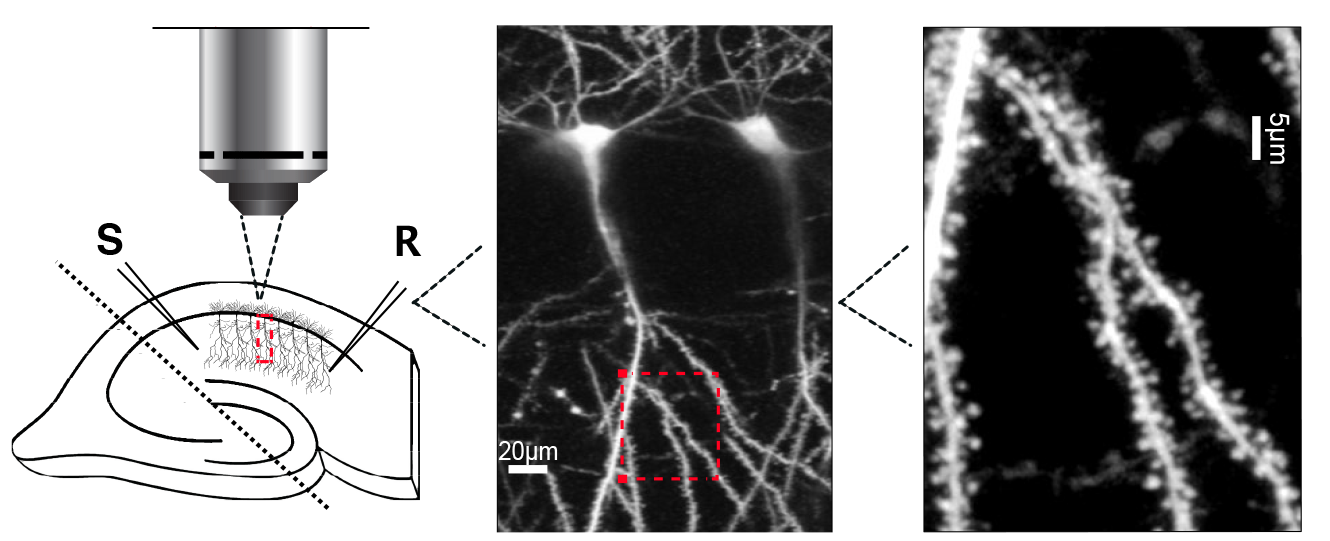Enhancing NMDA Receptor Signaling to Treat Fragile X Syndrome

Mark Bear, PhD
Principal Investigator
Stephanie Barnes, PhD
FRAXA Fellow
Massachusetts Institute of Technology
Cambridge, MA
2018-2019 Grant Funding: $45,000
Summary
Dr. Stephanie Barnes has been investigating the role of NMDA receptors as a FRAXA Postdoctoral Fellow in Dr. Emily Osterweil’s laboratory at the University of Edinburgh from 2016-2018. With an additional year grant from FRAXA, she is now continuing her work to identify novel targets and test pharmacological therapies in the Fragile X mouse model at the Picower Institute at MIT with Dr. Mark Bear.
The Science
by Stephanie Barnes, PhD
Over the past decade investigations in the mouse model of Fragile X syndrome have revealed that the loss of FMRP (which is lacking in Fragile X syndrome) leads to an increase in protein synthesis. This in turn alters how the brain can change and adapt to new information. Our research has focused on identifying novel targets that correct aberrant protein synthesis in the Fragile X brain to determine whether we can restore alterations in neuronal communication and behavior.
We have identified the NMDA receptor as a key regulator of protein synthesis that drives long lasting changes in brain connections. Using electrophysiological, biochemical and behavioral assays, we have elucidated its role in the pathophysiology of Fragile X. We have found that modulating NMDA receptor function, either using drugs or genetically, normalizes protein synthesis in the FXS brain and enables individual connections to change their strength in a normal manner.
Based on these findings we want to examine these connections more closely, looking at how they simultaneously change their strength and structure. One of the hallmark phenotypes reported in Fragile X mice and patients is an overabundance of neural connections that appear immature in structure (see image above). Using imaging techniques we will determine whether modulating the NMDA receptor and its downstream signaling mechanisms can restore both functional and structural changes in the Fragile X mouse model.


